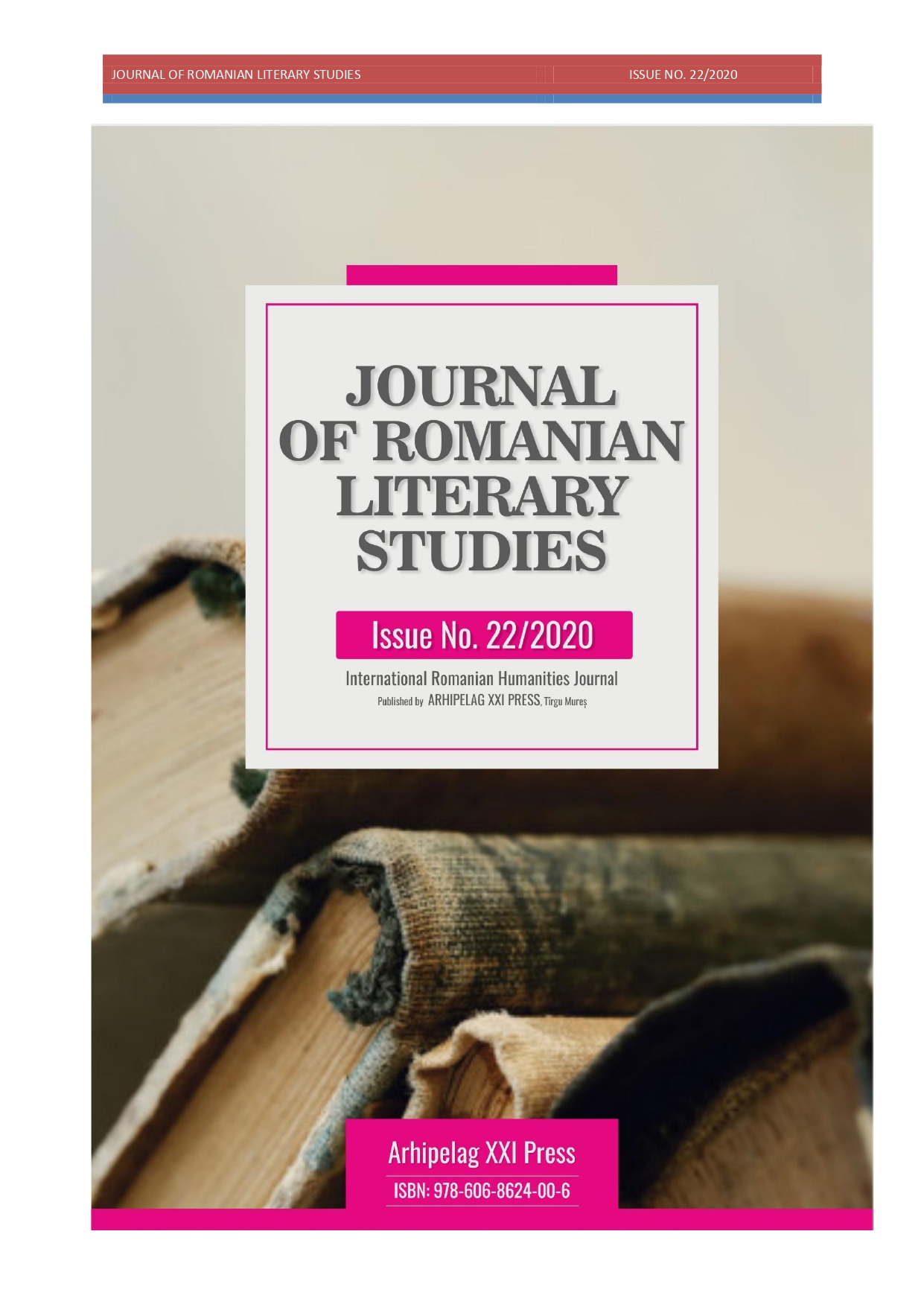CLEMENT ALEXANDRINE AND THE ALEXANDRIAN SCHOOL: THE MEETING BETWEEN REDEMPTION AND CULTURE
CLEMENT ALEXANDRINE AND THE ALEXANDRIAN SCHOOL: THE MEETING BETWEEN REDEMPTION AND CULTURE
Author(s): Călin-Daniel PaţuleaSubject(s): Christian Theology and Religion, Cultural history, History of ideas, History of Religion
Published by: Editura Arhipelag XXI
Keywords: conversion; faith; Christian inspiration; the pedagogue; the protreptico; the stromati; the school; the history of salvation; the Christian life;
Summary/Abstract: The first theological "school" of the ancient Church developed in Alexandria, understood as an institution or as a theological current. In the Christian sphere we find the first schools in the century III. They are used for the formation of catechumens and are under the supervision of the bishop. The first school of this type was led from 217 by Origen. So it happened around 180 in Alexandria by Pantainos, followed by Clement of Alexandria. He studied philosophy with various itinerant philosophers in Greece, southern Italy, Syria, Palestine and Alexandria. Between 180 and 190 he settled in Alexandria where he followed the teaching of the Sicilian Panteno (Pantainos) and also founded a philosophical school. Clemente welcomed the leadership of the catechetical school of Alexandria from Panteno. Probably it is not yet a catechetical school with the episcopal office, but of a free philosophical formation of Christian inspiration, comparable to the Justina procedure in Rome. Clement found faith in Christ only as an adult. During the persecution by Emperor Septimius Severus (in 202/203), Clement had to leave Alexandria and went to his friend Alexander, the future bishop of Jerusalem. He died in Jerusalem before 215/216. Among the works preserved, a trilogy stands out which aims to trace the Christian path towards perfection. I am the Protreptico, the Pedagogue, the Stromati. The "Exhortation (Protreptico) to the Hellenes" is part of a literary genre already known in Greek philosophy. He wants to convince the pagans to convert to the true Word, drawing a sketch of faith in Christ and of the history of salvation. It demonstrates the references to the one true God by Greek philosophers and poets. On the other hand, Clement also criticizes pagan beliefs and cults. He appeals to be perfectly converted to the Incarnate Word, to share in the divine nature and to allow oneself to be personally guided. The Pedagogue continues the path of the Protreptico: the pagan must be instructed how to manage his Christian life. The Stromati are not a linear continuation of the two previous writings, but rather a miscellany of various apologetic, dogmatic and practical themes: the title literally means "carpets". The work was not completed. The last book (VIII) brings sketches not yet ready and notes taken from extraneous writings. Unlike the Gnostics, who oppose faith and reason, Clement emphasizes the harmony between both perspectives. Faith is the starting point for true philosophy. But also Greek philosophy can help to get closer to God and had a role similar to that of the Law for the Jews. To arrive at true gnosis, the intellect is not enough. It also takes the effort to improve morally. To reach salvation, faith with good works is enough.
Journal: Journal of Romanian Literary Studies
- Issue Year: 2020
- Issue No: 22
- Page Range: 346-357
- Page Count: 12
- Language: Romanian

